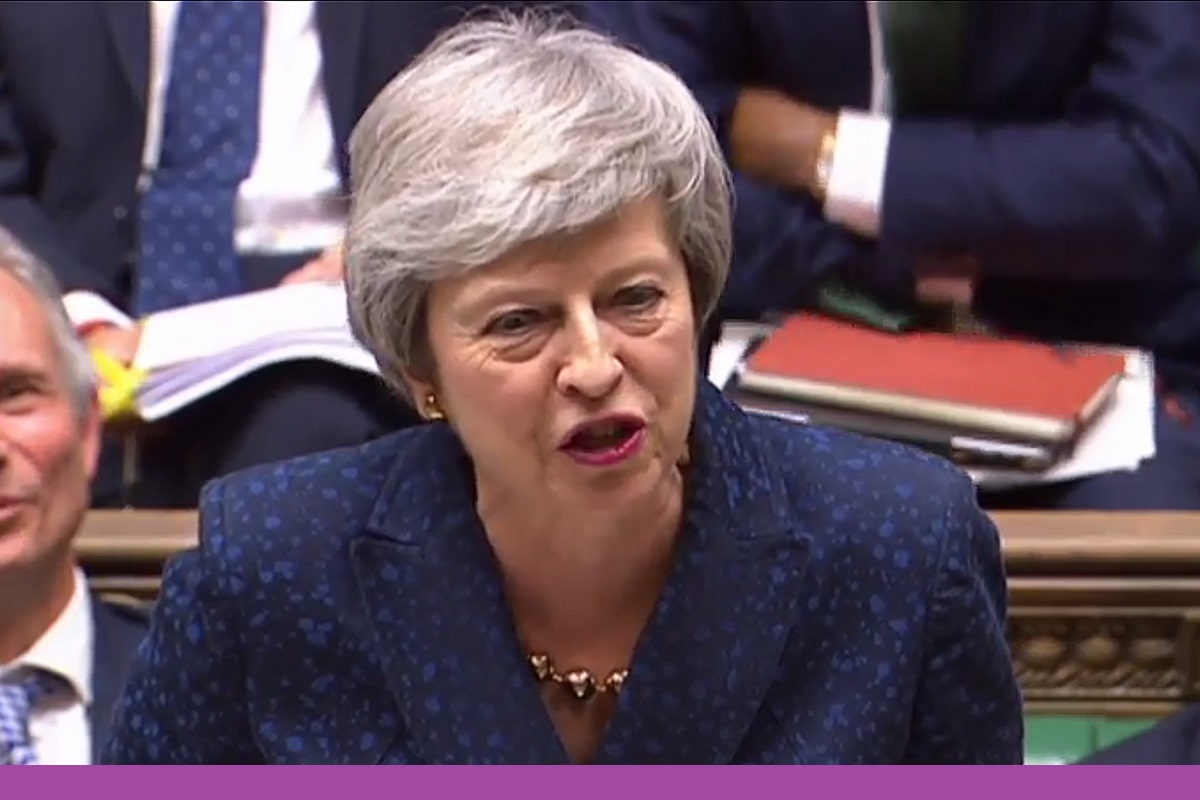Brexit has battered Britain’s political class ~ pre-eminently Theresa May’s ruling Conservative and Jeremy Corbyn’s Labour.
Though wholly unrelated, it is a quirky coincidence that while a swathe of India grappled with a cyclone and dark skies on Friday, the Tories had to countenance what their critics contend were the “darkest and stormiest” skies in the aftermath of Thursday’s local elections.
Advertisement
It would be no exaggeration to suggest that Britain’s mainstream parties have been accorded the short shrift by the electorate, disgusted as they must be over the Brexit imbroglio, now inching towards its third year. The Liberal Democrats did well compared to their dismal performance in 2015. Paradoxically enough, the major winners were the nation’s smallest parties.
Independent councillors fared well as did the Greens, which would suggest that there is general acceptance of their arguments about an impending climate emergency. In a sense, it is a victory of the political wing of the environmental movement. It is pretty obvious too that the outcome mirrors the political stalemate in Westminster though there is no party in overall control of the local entities.
The failure of Britain’s gridlocked politics has found expression in the rise of smaller parties and large swathes of the country where no one party can run local governments. This will further disrupt the country’s fractured polity. In a word, the local elections have yielded a national result in terms of Brexit. On the face of it, the voters have laid the blame at the door of the two mainstream parties either for failing to deliver on the results of the referendum (June 2016) or for failing to find an alternative course. Small wonder that both Mrs May and Mr Corbyn have almost immediately pledged to “sort out Brexit”.
The proposed exit from the European Union is indubitably a weightier issue than the running of quangos; but the outcome does reflect the popular disgust against indecisiveness and parliamentary setbacks. A notable feature of the local elections is that Nigel Farage’s Brexit party did not contest, and thus saved the Tories from still more acute embarrassment.
The Tories lost more than 1,000 seats as well as control over dozens of councils. The Prime Minister’s withers remain unwrung in the face of calls for her resignation. Nominally, she is the leader of a party that has lost all discipline. Labour’s slide is reflected in the defeat of several of its councillors. British politics could become still more divisive should the results of subsequent elections be equally unpredictable.
With European elections impending, the contest for the quangos has emitted a rather disconcerting signal to both Conservatives and Labour. Neither stand to gain if the Brexit process keeps drifting, as it has. Willy-nilly, their rivals might stand to benefit. Few could have imagined three years ago that Brexit would so profoundly impact the country’s electoral politics.











